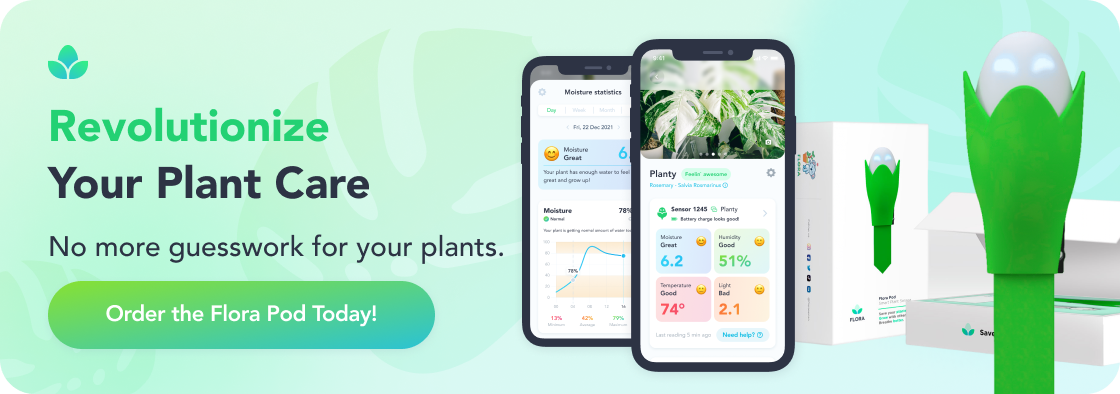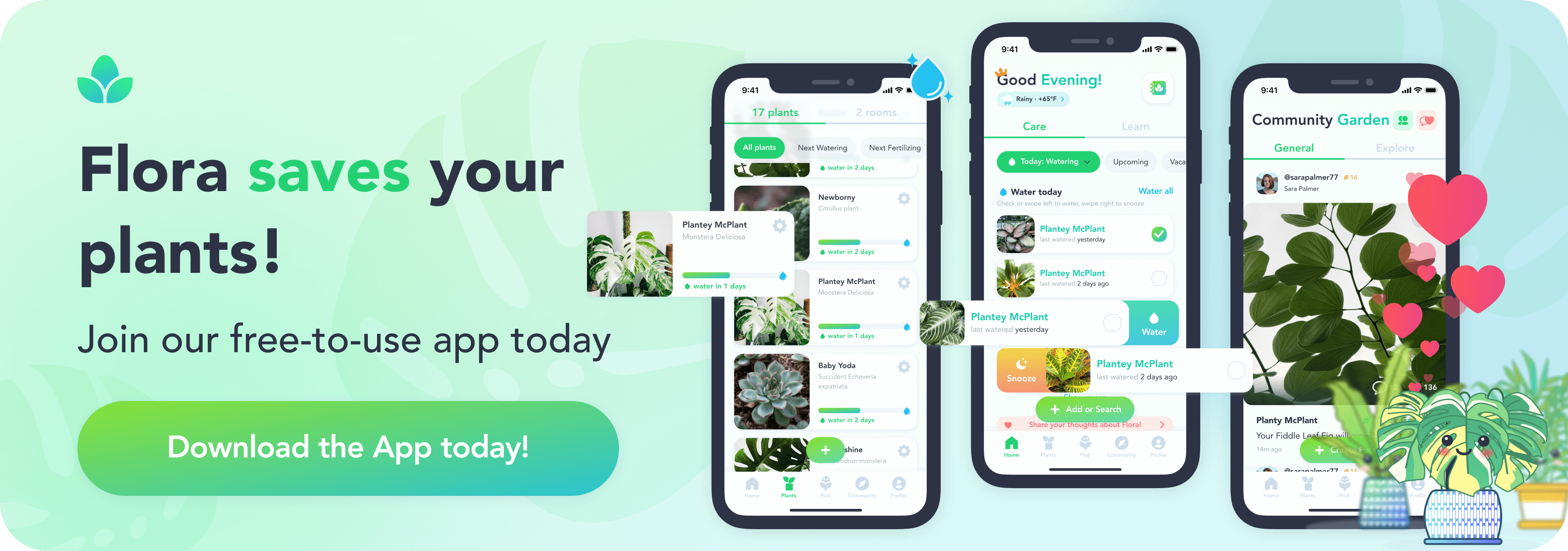Orchid Cat Toxicity: Safe or Risky for Your Furry Friends?

As a cat owner and a plant lover, balancing the beauty of houseplants with the safety of your pets is vital. Orchids, known for their stunning blooms, often raise concerns among pet owners. A crucial question is: "Are orchids toxic to cats?" This blog provides an in-depth look at orchid cat toxicity, ensuring the well-being of your beloved felines.
Understanding Orchid Cat Toxicity
Are Orchids Poisonous to Cats?

The good news is, most orchids, including the popular houseplant varieties like Phalaenopsis (moth orchid), Cattleya, Epidendrum, and Oncidium species, are non-toxic to cats. They do not contain harmful chemicals or substances that would pose a threat to your feline companions. However, one notable exception is the wild orchid species Cypripedium, also known as the Lady Slipper Orchid, which can be slightly toxic to animals.
Spotting Gastrointestinal Upset in Cats
While orchids are generally safe, ingestion can still cause gastrointestinal upset in cats. Symptoms like vomiting, diarrhea, drooling, and loss of appetite may occur if a cat ingests part of an orchid. It's important to monitor your cat for any unusual behavior if they have consumed orchid parts, as continued vomiting or diarrhea requires veterinary attention.
Fertilizers and Cats
Another aspect to consider is the use of fertilizers on orchids. Fertilizers can contain substances that are toxic to cats, so it's essential to apply them carefully, avoiding leaves and flowers where cats might ingest them. If you suspect your cat has ingested fertilizer, seek immediate veterinary assistance.
Preventing Cats from Eating Orchids
Cats are naturally curious and may nibble on plants, including orchids. To prevent this:
Keep Orchids Out of Paws’ Reach: Place orchids in areas inaccessible to your cat.
Redirecting Feline Curiosity: If your cat shows interest in an orchid, distract them with a toy or treat to reinforce good behavior.
Avoid Toxic Fertilizers: Choose cat-safe fertilizers or natural alternatives when caring for your orchids.
Orchid Toxicity to Dogs
Are Orchids Poisonous to Dogs?

Like cats, dogs are often curious about plants in their environment. Fortunately, orchids are also considered safe for dogs. Most common household orchid species do not contain substances harmful to dogs.
However, as with cats, it's prudent to prevent dogs from ingesting orchids to avoid any potential gastrointestinal discomfort.
Preventing Dogs from Eating Orchids
Dogs may be less likely to nibble on plants compared to cats, but it's still wise to place orchids out of reach. Ensuring that orchids are on high shelves or in rooms where dogs don't have access can prevent any unwanted plant-snacking incidents.
Signs of Gastrointestinal Upset in Dogs
If your dog does ingest part of an orchid, watch for signs of gastrointestinal upset, such as vomiting, diarrhea, or a change in appetite. While serious toxicity is unlikely, these symptoms can indicate mild digestive irritation.
Consult your veterinarian if symptoms persist or if your dog appears uncomfortable.
Orchid Toxicity to Humans
Are Orchids Safe for Humans?
Orchids are generally considered safe for humans. There's no evidence to suggest that touching or handling orchids causes any harm. However, it's always good practice to wash your hands after handling plants, especially if you've been in contact with potting soil, fertilizers, or plant treatment products.
Special Considerations for Children
While orchids are non-toxic, small children, who are prone to putting things in their mouths, should be supervised around orchids and other houseplants. This is more of a precaution to prevent potential choking hazards or mild gastrointestinal upset rather than due to any specific toxicity of the orchids themselves.
Orchids in the Home
Given their safety profile, orchids can be a delightful and worry-free addition to households with children, dogs, and other pets. Their vibrant colors and unique shapes make them a popular choice for adding a touch of nature to the home.
Are Orchids Poisonous?
Orchids are widely considered non-toxic and safe for humans, cats, and dogs.
While they don't contain harmful substances, ingestion by pets can cause mild gastrointestinal issues, such as vomiting or diarrhea, due to the ingestion of a non-native material rather than specific toxicity.
For humans, orchids are safe to handle, but it's prudent to wash hands post-handling, particularly when in contact with plant treatments or soil. Caution is advised for small children to prevent potential choking hazards or mild digestive discomfort.
Overall, orchids are a safe and beautiful addition to any space.
Orchids are a beautiful and safe choice for homes with pets and children. Their low toxicity risk, coupled with their aesthetic appeal, makes them an ideal choice for adding a touch of nature to your living space. By taking simple precautions like proper placement and supervision, orchids can coexist peacefully with your furry friends and family members.
Fern's Leafy Learnings
Most household orchid species are safe for cats, with the exception of the potentially toxic Lady Slipper Orchid.
Watch for signs of gastrointestinal upset in pets after they interact with orchids.
Use caution when applying fertilizers to orchids in pet-friendly homes.
Preventing pet access to orchids is key to avoiding ingestion and its associated risks.
Orchids offer a pet-safe option for adding natural beauty to your home.
Embark on a flourishing journey with plants that aren’t just decor, but companions.
Your plant journey doesn’t stop at purchase – it’s only just begun! With Flora, immerse yourself in a world where plants and parents connect, grow, and learn together. Our expansive range of fresh and rare plants, the state-of-the-art Flora Pod™, and an unwilting community of over a quarter-million plant enthusiasts, you’re never alone in your botanical journey.
Guiding you from seedling to flourishing canopy, Flora is your constant companion in every step toward a lush, green sanctuary at home.
Eager to foster your own indoor jungle? Discover Flora's plants and innovative care solutions now!
Flora Pod™ is featured on Shark Tank!

5 Signs Your Houseplant Needs Repotting Now
Mar 02, 2026
6 Anthurium Benefits You Didn't Know About
Mar 02, 2026

How to Prune Your Houseplants Before Spring Growth Season
Mar 02, 2026

10 Best Houseplants for Spring Repotting Success
Mar 02, 2026

Can ZZ Plants Survive in Low Light Conditions?
Mar 02, 2026

5 Critical Pre-Spring Pruning Tips for Houseplants
Mar 02, 2026

Can Succulents Survive Winter Outdoors in Your Climate Zone?
Mar 02, 2026

Which Houseplants Are Toxic to Cats and Should You Avoid Them?
Mar 02, 2026





